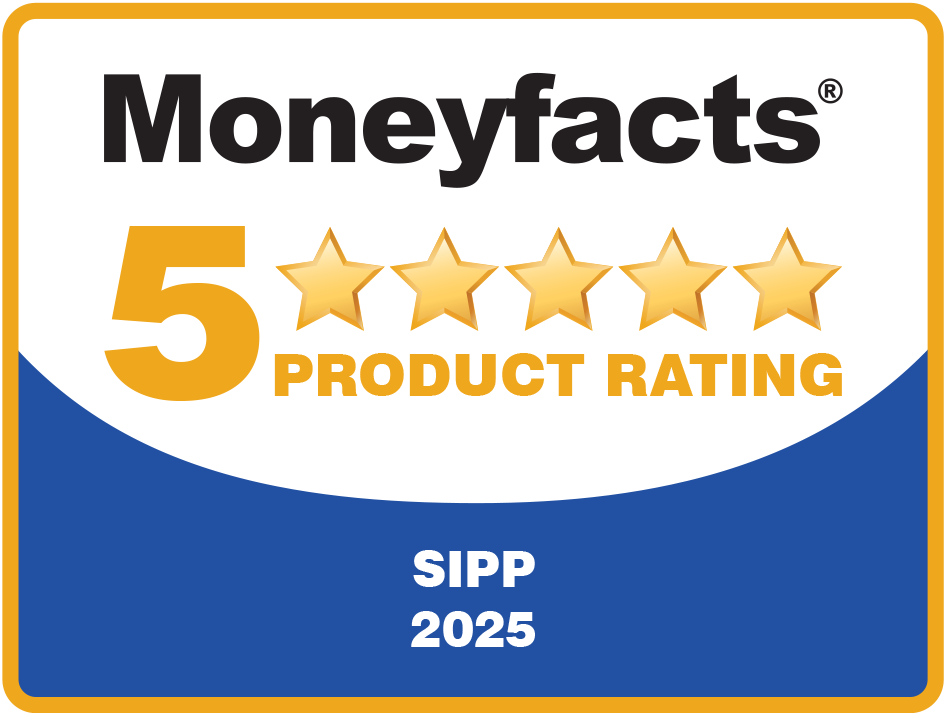5 top tips for avoiding unnecessary delays on your client’s SIPP property purchase
This article is intended for financial services professionals only. None of the information contained in this article should be received as advice. Pensions are a complicated area of financial planning and IPM suggests that financial advice from a suitably regulated financial adviser is sought before an individual takes any action in respect of their pension savings.
Property transactions can be stressful at the best of times.
When you are looking at purchasing a property through a SIPP, this can add additional layers of complexity that you will need to take into consideration.
That’s not to say that commercial property purchase through a SIPP is something you should be put off by. A key consideration will be picking which SIPP provider to work with. You won’t be surprised to hear that we think IPM should be towards the top of your list! Here are just 10 of the reasons we believe this should be the case.
Often, when we speak with advisers, clients have identified a property and tend to want to move fairly quickly. We understand that commercial property transactions can have a lot of moving parts; the client’s company could be a tenant under pressure to get into the property, or the vendor may have a specific date in mind they want the purchase to complete, for example.
Quickly, everyone involved can find themselves up against it to get the transaction completed.
One of the most common questions we get asked when we first speak with advisers is:
How long will it take to buy the property?
This is almost an impossible question to answer. In our experience, no two property purchases are the same, and there can be so many variables. If we had to commit to a timescale, we would say somewhere between three to four months from when IPM issues instructions to solicitors. However, we have had some purchases complete a lot quicker than this… and some have taken much longer!
With that said, often there are actions that can be taken to put everyone in the best position possible to have a transaction complete smoothly. Here are our top five tips to avoid unnecessary delays on your client’s SIPP property purchase.
1. Set the SIPP up as soon as possible
Coming back to the question, “How long will it take for a property to be bought?”, it is probably easier to take a step back and consider the two key actions that need to be taken to achieve this:
- Setting up the SIPP.
- Instructing solicitors to act on the SIPP’s behalf.
While IPM is happy to provider as much as support to advisers as is required prior to any formal work to buy the property takes place, there is little we can actually do in making headway with the vendor until a) the SIPP(s) is/are up and running and b) the SIPP(s) is/are in funds to a minimum of £1,500.
IPM is usually able to set up SIPPs on the same day or within 24 hours upon receipt of fully completed paperwork. However, advisers will need to consider what processes they need to complete fully to give the advice to set up the SIPP:
- Is third-party compliance sign-off required?
- Is an illustration required?
- Will the clients want to meet you face to face to complete IPM paperwork, or can this be done electronically using Docusign?
- How will the initial funds be deposited in the SIPP; do we have to wait for transfers or can the clients make a contribution?
All these areas will need to be considered and can take time before IPM can instruct solicitors.
So, if you have a client who is committed to purchasing a commercial property in a SIPP, it may be worth setting up the SIPP in advance of any property being identified for purchase. This then gives plenty of time for the necessary work to have the SIPP established to take place without the pressure of a vendor pushing for progress.
There is full flexibility in the IPM SIPP for any monies to be managed prior to purchase taking place; these can either remain in the trustee bank account earning a variable rate of interest or can be invested with any platform, cash management solution, discretionary fund manager, or stockbroker (subject to IPM’s assessments being undertaken).
2. Fully complete our property purchase questionnaire
We know that our property purchase questionnaire asks a lot of questions. And we know that, in some instances, IPM has a lot of forms that need to be completed to set up a SIPP.
Unfortunately, all this information is required for us to efficiently administer a client’s SIPP.
This is particularly the case with our property purchase questionnaire. If any of the sections of this document are left incomplete, this will lead to our property team not being able to issue instructions to solicitors. They will come back to you requesting this.
We will need to know whether we are to VAT-register the SIPP, so we know whether to raise VAT forms. We will need to know the vendors’ solicitors’ details so IPM’s solicitors can start work. And, we will need to know who will be providing the valuation to IPM – this is an HMRC requirement.
We appreciate that advisers may need help with some of the questions we ask. We are always happy to pick up the phone and have a chat if this would assist!
3. Have a clear idea of funding
When approaching any property purchase, it is important to ensure there is enough money to carry out the transaction. However, unlike other types of property transactions, SIPPs can have a finite amount of money, and that can restrict the flexibility when it comes to funding a property purchase:
- The Annual Allowance and/or earnings can limit the amount that can be contributed.
- Borrowing is restricted to 50% of the value of the SIPP.
- If a property is VAT-registered and cannot be treated as a transfer of going concern (TOGC), the 20% over the property purchase will need to be factored into your calculations, even though in most instances this can be reclaimed post-purchase.
Whether a purchase is being carried out by one SIPP or several, getting a clear idea of how much money the SIPP(s) will have is crucial in ensuring a smooth transaction. This is why we have a funding section on our property questionnaire, to help advisers identify how much of the purchase will be funded by contributions, transfers, or borrowing.
Don’t forget that the SIPP must pay for all its costs in the transaction, including legal fees, surveyors’ fees, and Stamp Duty. Depending on the value of the property, this could be a significant sum.
We do not want to find ourselves approaching completion, but still unsure as to how the SIPP is going to fund the transaction.
4. Our quickest property purchases use one of IPM’s panel solicitors
Our recent article looked at why IPM prefers to use a member of our panel of solicitors to act on the SIPP’s behalf in all transactions we undertake.
This is not about restricting choice. In fact, IPM does not insist that a member from our panel act for the SIPP; clients can appoint an off-panel solicitor. However, we will require a member from the panel to oversee the transaction. While IPM does not make any additional charges for working with an off-panel solicitor, our panel solicitors will charge for the work they undertake.
However, as explained in this article, our panel solicitors have been acting for IPM in SIPP property purchases for more than 25 years. Not only are they hugely experienced in the specialist area of conveyancing, but they are also aware of IPM’s own preferences and risk tolerances.
Transactions where a solicitor from our panel acts for the SIPP also tend to be more straightforward and complete more quickly. As well as being up to speed with HMRC requirements for SIPP purchases, we have built up strong relationships with our panel since 1999. These relationships have often come to the fore when dealing with a particularly problematic purchase, or if a “favour” is required.
5. Ensure good dialogue with vendors and their agents
One element of the situation IPM has less control over in the early stages of any transaction is what is being communicated to the other side.
We would always stress that vendors and their intermediaries are informed that the buyer will be the SIPP, as opposed to the client directly or their business. This will set the right level of expectation, and it won’t come as a huge surprise when a pension company starts getting in touch with them.
The most problematic transactions are the ones where the vendor is not aware of the SIPP and has been putting pressure on the client to move forward with the transaction (see “Set up the SIPP as soon as possible” for further info here). When IPM does get involved, we’re on the back foot, and time is often taken up smoothing over the situation.
Get in touch
If you have any SIPP-related queries, or if you have any clients for whom SIPP advice would be beneficial, please get in touch.
Email info@ipm-pensions.co.uk or call 01438 747151.



